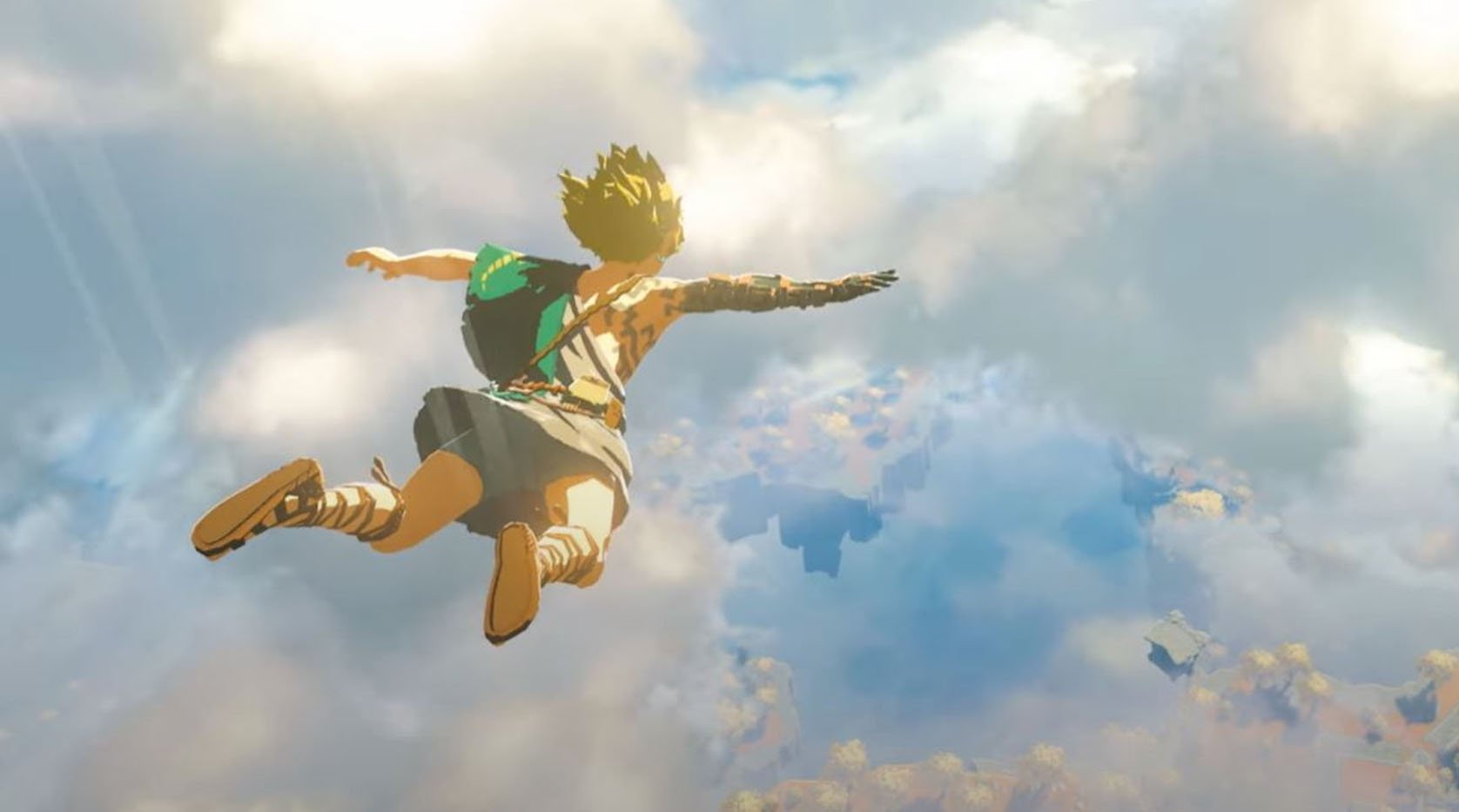RolStoppable said:
What I think is that the gaming media has done a great job of shaping a narrative where Nintendo is out of touch with gaming whenever they don't conform to the norm. What both your video and the longwinded article completely leave out is that both Sony and Microsoft spent tremendous amounts of money to lock out Nintendo platforms from certain games. The article you linked was published right before Switch's launch and carries the tone that Nintendo was once again doing their own thing and set up to repeat their failures out of stubbornness.
This is the point where you have to activate your criticial thinking and connect the dots. The most obvious thing four years after this article is that Nintendo's direction has set them up not only for one of the best-selling consoles of all time, but resulted in the biggest game library a single console has ever amassed. Then you look around and consider which third parties aren't on board with Switch and - surprise - it's the same third parties that have been on the payrolls of Sony and Microsoft for the longest time. They will keep telling the public things like Nintendo is hard to work with and that third party games don't sell on Nintendo consoles, but then you look at Switch and can't get around asking if it's really Nintendo who is out of touch with the market and reality.
There's no general disdain that Nintendo holds against third parties, however, what goes through Nintendo's entire console history is a disdain for third parties who want to dictate how Nintendo has to run their business. Nintendo had limited the amount of games per year that third parties could release, because Nintendo wanted to protect the market they had built; Atari had not done this and Atari died because third parties destroyed the market. When the PlayStation settled in, it became the norm that third parties expected to get special treatment in form of various kinds of payment; Nintendo has not played along with this, but it's not entitled third parties who are portrayed as evil, it's Nintendo for not handing out money to companies who have no reliable track record of improving Nintendo's console business.
The gaming media has really done a great job of warping perception. Whenever Nintendo gets pitted in a situation vs. a big third party like Activision, Electronic Arts etc., then you'll get an army of gamers who will immediately side with the third parties on the issue. But when you take a step back to look at the business philosophies of all these companies, Nintendo is the one that is treating gamers the best by far, because their monetization systems aren't anywhere close to as vile as what third parties are pulling off game after game. So why is it believed that the company who treats its customers the best must be the one that is performing the most upsetting business practices behind the scenes, rather than the companies who are already full of bullshit in the public space? Because the gaming media has done that good of a job over the last 2+ decades.
I don't feel pity for gamers who whine about unfinished games and greedy monetization in games, because more often than not, that's the direction of gaming that they've actively supported for a long time by speaking up against the Nintendo way. Gamers on PS and Xbox are facing problems that don't exist on Nintendo consoles, so whenever someone tells me that I should be angry at Nintendo for not complying to the demands of the big AAA third party publishers, I can only laugh. While I am not a Sega fan, I can at least respect the company for turning Electronic Arts down when Sega's choice was either no EA support for Dreamcast or discontinuation of their own sports games which were of higher quality than EA's. Sega may have ultimately exited the hardware business, but they were pro-gamers until the end. |
I think that narrative is not just intentional shaping of this perception but also a lack of research from these outlets going all the way back to the 16 bit era and the transition into the 3D area. Mainly, the event of the creation and failure of the Nintendo PlayStation, which has the common historical narrative that Nintendo was the big goliath bad guy against the small poor Sony. It is in part also cause of Nintendo's lack of openness about this event but also the eagerness of Sony and its fans to let it persist. In reality of course, Nintendo was a deal away from signing away their IP and making any money from the add-on, and Sony as the giant conglomerate that it was back then trying to strong arm its way into the video game industry.





















